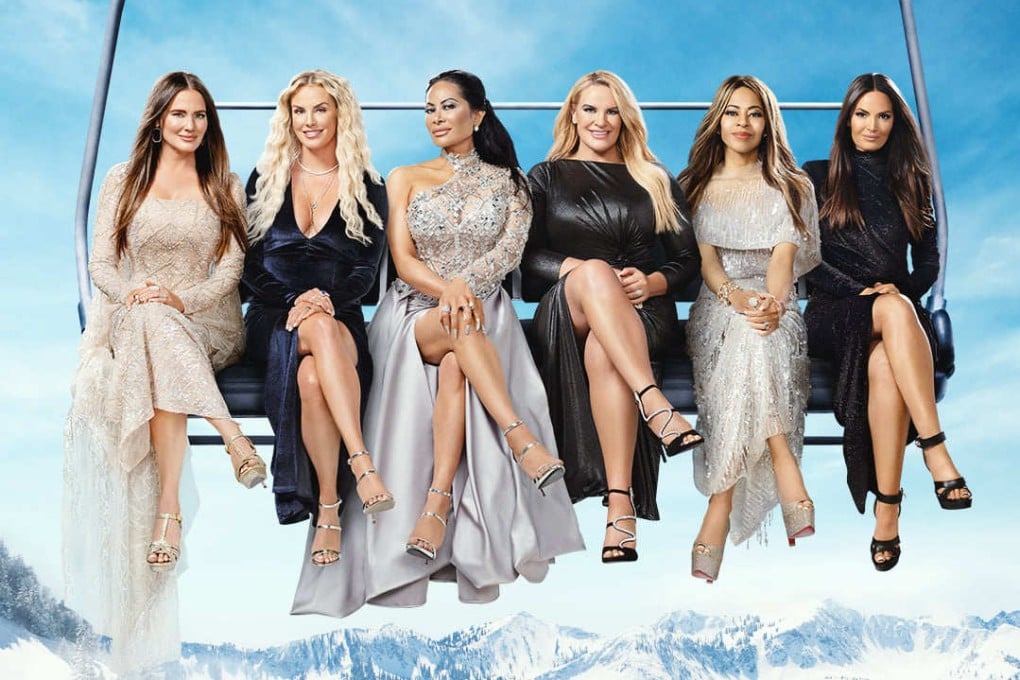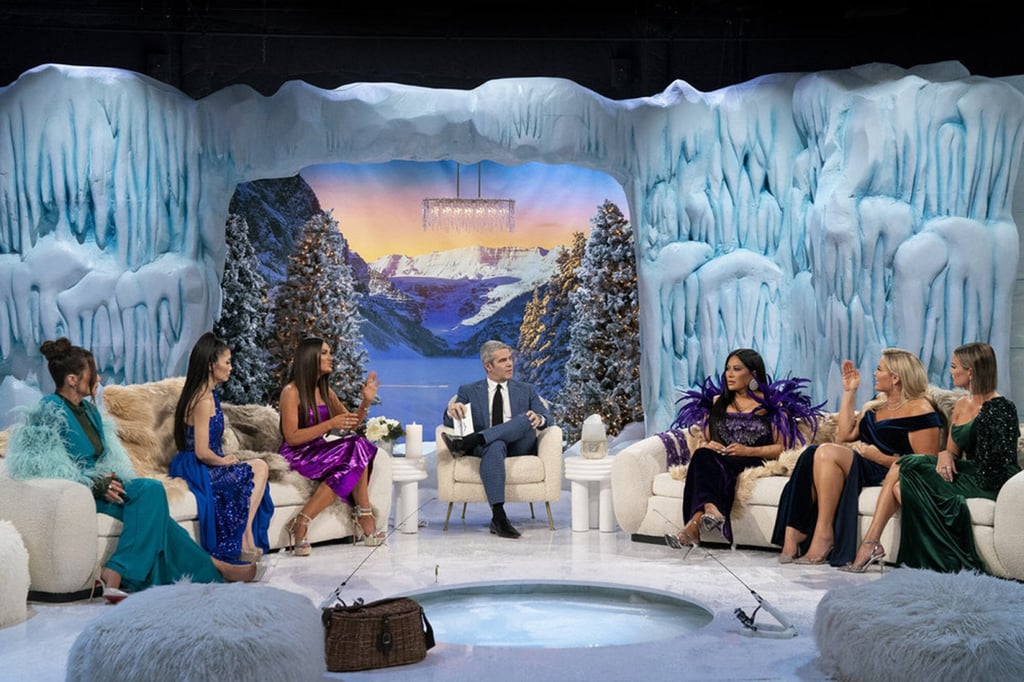The Real Housewives are dealing with racism allegations: has the new cast diversity in some of the shows been set up to fail?
- With few exceptions, editions of Real Housewives have largely been segregated. Recent shows have introduced new cast mates of different races
- Some of the newbies have felt tokenised or have faced ignorant or hostile behaviour from cast mates. A professor says the show feels ‘like it’s set up to fail’

Real Housewives reunions are a reality-television ritual. Cast members put on gaudy evening wear, gather for hours on an elaborately decorated set and submit to probing questions from ringmaster Andy Cohen.
Petty sniping, hypocritical finger-pointing and melodramatic storm-offs are all standard – even expected.
Yet the first hour of this season’s The Real Housewives of Salt Lake City reunion blended the usual absurdity (eg. a heated debate over regifted golf balls) with a lengthy discussion of how the housewives had or hadn’t engaged in hurtful stereotypes and cultural appropriation.

The episode began with a disclaimer noting that it was filmed before social media posts by cast member Jennie Nguyen – who was born in Vietnam and grew up in Long Beach, California – became public and resulted in her departure from the series after a single season.
The title card didn’t elaborate about the nature of the posts: Nguyen was fired in January after offensive memes she shared on Facebook in 2020 resurfaced online.